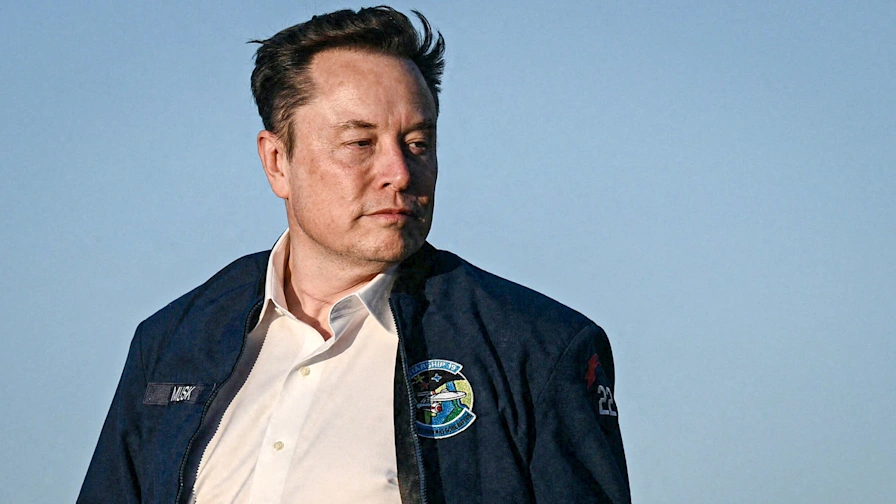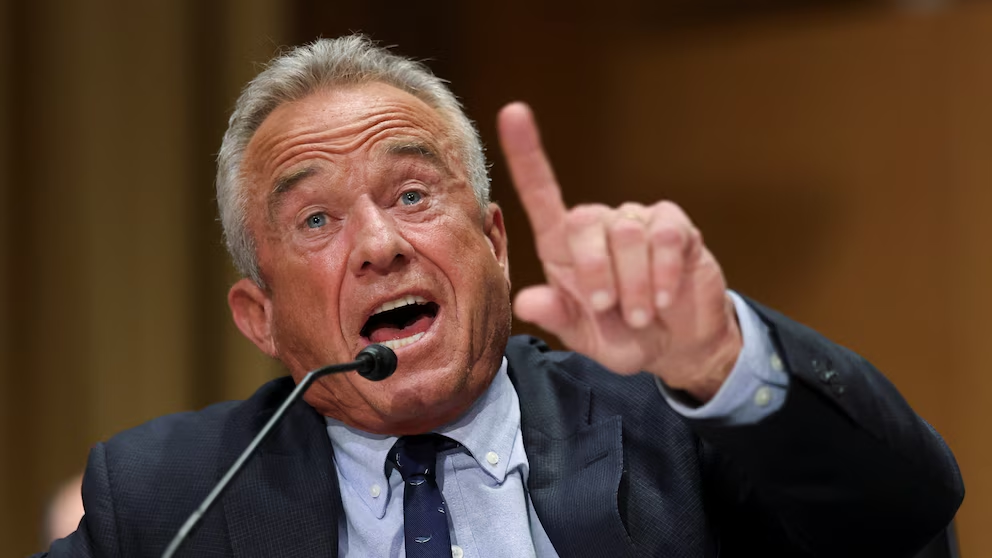“The CDC’s struggles are back under the microscope, with Senator Cassidy’s hearing giving fresh momentum to RFK Jr.’s attacks.”
The Centers for Disease Control and Prevention (CDC) has once again found itself in the middle of a heated political storm. Senator Bill Cassidy is preparing to hold a hearing focused on the agency’s internal struggles, a move that not only questions the CDC’s leadership but also amplifies long-standing criticisms voiced by Robert F. Kennedy Jr. From pandemic-era controversies to growing public mistrust, the debate around the CDC is no longer just about health policy—it’s about credibility, accountability, and the role politics plays in shaping public confidence in science.

Why the CDC Is Under Fire
Over the past few years, the Centers for Disease Control and Prevention has found itself at the center of intense public debate. Once viewed as one of the most trusted health institutions in the world, the CDC’s reputation has been shaken by its handling of the COVID-19 pandemic. From shifting guidelines to communication gaps, many Americans were left feeling confused, frustrated, and unsure whom to trust.
Critics argue that the agency struggled with transparency and moved too slowly in moments that demanded clarity. Supporters counter that the CDC faced an unprecedented crisis and had to make tough calls in real time as new data emerged. Still, the damage to public confidence has been real—and it has opened the door for politicians, activists, and figures like Robert F. Kennedy Jr. to challenge the agency’s credibility even further.
This mix of mistakes, miscommunication, and political pressure has left the CDC fighting not just a virus, but also a growing battle for public trust.
Cassidy’s Role in the Debate
Senator Bill Cassidy has taken on a role that many Americans have been waiting for—asking tough questions about whether the CDC is still living up to its promise of protecting public health. By calling for a hearing, he’s voicing the frustrations of people who felt confused, or even let down, during the pandemic. For Cassidy, it’s not just about policy papers or political points—it’s about rebuilding trust between everyday families and the health agencies they depend on in moments of crisis.
At the same time, his approach has stirred strong reactions. Some see him as a much-needed watchdog, holding the CDC accountable when answers feel unclear. Others worry that the scrutiny could deepen divisions and lend more weight to already loud critics like Robert F. Kennedy Jr. Either way, Cassidy has placed himself at the heart of a debate that affects everyone—because when trust in public health wavers, it’s not just politics on the line, it’s people’s lives.
RFK Jr.’s Criticism: Echoes in the Hearing
Robert F. Kennedy Jr. has long been one of the most outspoken critics of the CDC and the wider public health establishment. His voice—often controversial, sometimes polarizing—has found a bigger stage as Senator Cassidy’s hearing shines a light on the agency’s struggles. For years, RFK Jr. has argued that the CDC has lost credibility, pointing to what he sees as conflicts of interest, a lack of transparency, and shaky communication during crises.
While many public health experts strongly disagree with his claims, it’s hard to deny that his message has struck a chord with people who already feel uncertain about whom to trust. Cassidy’s push for answers has, intentionally or not, given fresh attention to those concerns. For families trying to make sense of mixed messages about health and safety, the overlap between Cassidy’s scrutiny and RFK Jr.’s long-standing criticism adds another layer of doubt—and makes the call for clarity all the more urgent.
The Political Dimension
Politics has a way of creeping into almost every corner of our lives, and public health is no exception. What should simply be about keeping people safe often turns into a back-and-forth between parties. Senator Cassidy’s hearing is a reminder of that. On the surface, it’s about asking the CDC tough questions—but underneath, it’s also about politics, power, and who gets to shape the narrative around trust in health agencies.
For ordinary families, though, the political noise can feel overwhelming. Parents just want to know if their kids are safe at school. Grandparents want clear guidance about vaccines. Everyday people want answers they can rely on—without having to decode political agendas.

That’s why the political side of this debate matters so much. It’s not only about Republicans and Democrats sparring in Washington—it’s about whether Americans can still believe in the institutions built to protect them. And at the end of the day, restoring that belief isn’t about politics at all. It’s about people.
FAQs
Q1. Why is Senator Cassidy holding a hearing on the CDC?
Senator Bill Cassidy wants to take a closer look at how the CDC has handled recent health crises. The hearing is meant to address concerns about transparency, communication, and whether the agency has lived up to the trust people place in it.
Q2. How does Robert F. Kennedy Jr. fit into this debate?
RFK Jr. has been a long-time critic of the CDC, often questioning its credibility and decision-making. While his views are divisive, Cassidy’s hearing has brought some of those criticisms back into the spotlight, making them part of the larger conversation.
Q3. Why is the CDC under so much criticism right now?
Many people felt confused or even misled during the pandemic because of shifting guidelines and mixed messages. That frustration has carried forward, leading some lawmakers and citizens to call for reforms and more accountability.
Q4. Is this just about politics, or is it bigger than that?
It’s both. Politics definitely plays a role, but at its core, this debate is about public trust. People want to feel confident that the information they’re getting from the CDC is reliable and consistent—regardless of political agendas.
Q5. What does this mean for everyday families?
For most families, this isn’t about Washington debates—it’s about clarity. Parents want straightforward answers on vaccines, safety, and health. These hearings matter because they highlight the urgent need to rebuild trust in public health institutions.